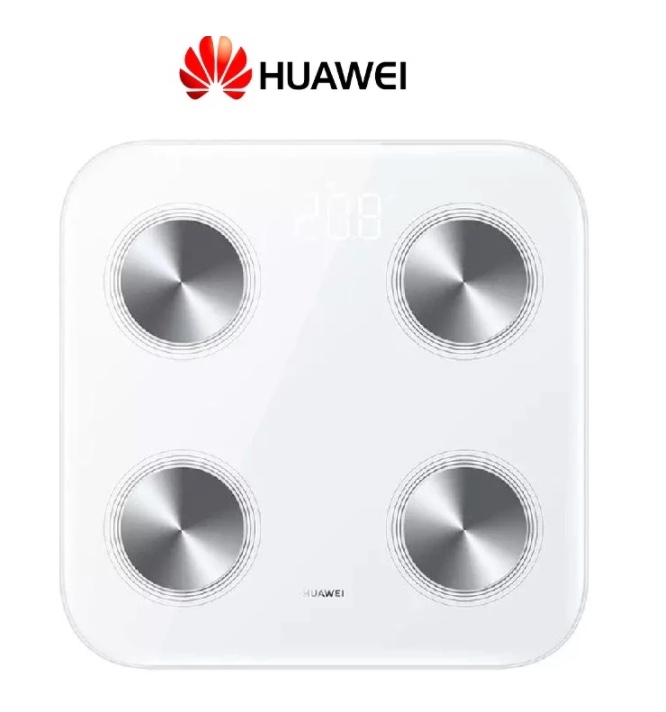diet: see your weight changing with a smart weighing scale
A ‘smart scale’ that records my weight to a phone might be seen as ‘gadgety’ and unnecessary but I’m now many months into this and think it’s fabulous. Almost fact: when you’re dieting, a weight record is satisfying and encouraging. Those who are dieting in the long term will appreciate that.
A minor downside is that the scale doesn’t lie, or guess or conveniently forget binges.


how a smart scale is different to a regular scale
A ‘smart scale’ records your weight and a weight vs time graph on your phone. When other people use your scale it has a way to know who’s who and record the weight on their phone. The scales get their data into the phone via a Bluetooth connection. The scales remember recent weights and upload to the phone if it is nearby.
The Huawei Smart Scale 3 uses both wifi and Bluetooth. By having wifi it’s able to send readings to the cloud via your home wifi. In turn the weight ends up in the phone app. The phone doesn’t need to be in the bathroom.



Shopping research finds smart scales at widely differing prices so do check the reviews for high approval ratings and easy to work apps. I was impressed with the Huawei Health app (which is only for Huawei or Honor scales) and it told me all I wanted to know.
My Christmas 2021 was followed by a few months of dieting to get back to where I was years before. The advice I was given says ‘don’t check your weight daily or you’ll be discouraged’. That’s good advice indeed. I noticed that a day of eating less does lead to a fall in weight but for me that takes days to see the ‘payoff’. So I put two days between measurements and this seemed to add to the fun. More advice suggests that for consistency you might weigh yourself at the same time of day.
a smart scale can tell you more than your weight:
The scale may also have metal pads which, in contact with bare feet, will measure the body’s electrical resistance. By knowing your height, weight and age the app calculates your % fat, your muscle mass and more*. Whether these parameters are accurate and comparable with other ways of measuring is a point for debate. But that might not matter: it’s more useful that the scales give consistent results so that you can assess any trends. For example, if you exercise and diet you’d expect to lose fat and gain muscle. Indeed I found that happened and the app shows these on a graph. The Google Fit app doesn’t handle these extra parameters. The Huawei Health app shows these as well as any trend over time.


One year on I can say that the Huawei Smart Scale 3 works faultlessly. I’ve changed the batteries in this time but not as frequently as I’d expected. To set up a scale you create your profile (age, height etc) in the Huawei Health app and pair the scales to the phone. The app verifies that you is you and that is reassuring. If you’re used to verifying an ID via received SMS messages this is easy enough. I explain what I did to set it up here.
*smart scale parameters
- weight
- BMI
- body fat rate %
- fat-free mass
- visceral fat level
- body water %
- skeletal muscle mass
- muscle mass,
- bone mineral content (mass)
- protein %
- BMR
- heart rate bpm